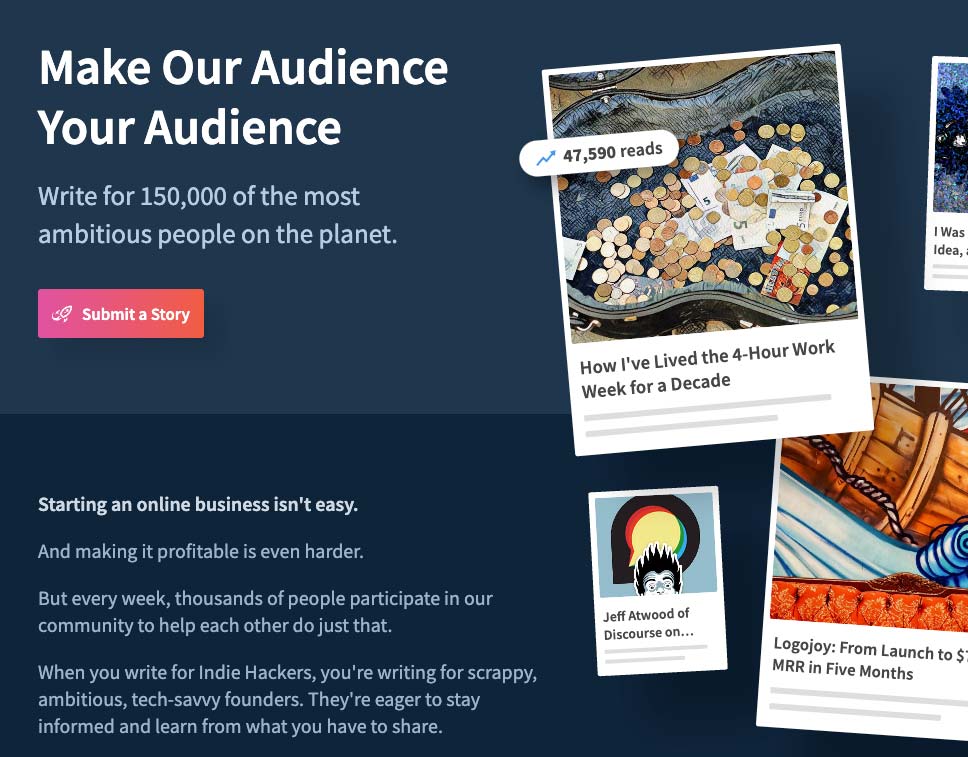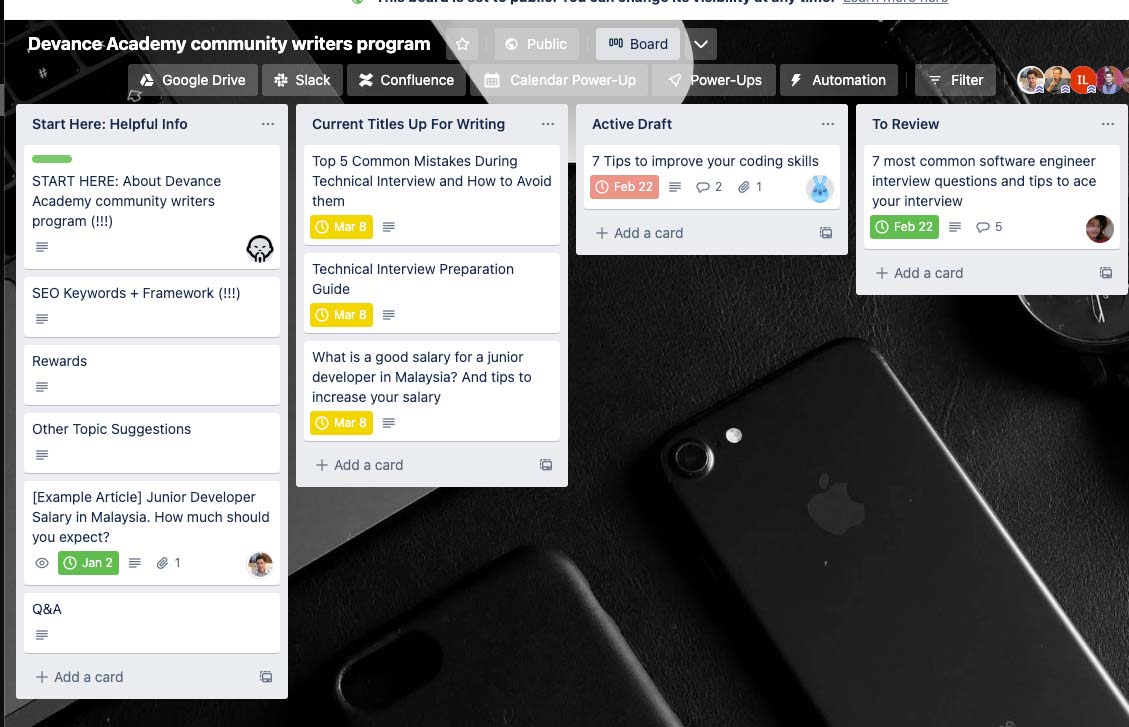How to never run out of SEO content ever again.
This simple strategy helps you get fresh, unique SEO content on auto-pilot.

Today, if you want to create SEO content for your website, you'd normally do one of these few things.
- Use ChatGPT to churn out content. (Please don't copy & paste.)
- Write it yourself.
- Pay an agency to do it.
- Hire freelancers and writers.
Let me briefly go through the pros and cons of each.
Using ChatGPT to churn content.
You can use ChatGPT to give you content structure and ideas. But definitely don't copy and paste.
Google will not ban your AI-generated content. But because they reward original, high-quality content that demonstrates expertise, experience, authoritativeness, and trustworthiness (E-E-A-T), your ChatGPT-produced content probably won't rank.
You'll end up wasting time.
Write it yourself.
Like what we do at Daily CMO!
Asides from ranking on Google, writing original content is a great way to share your ideas and experience.
But boy... does it consume a lot of time!
Understandably, not all businesses have the luxury of writing content. Especially the solopreneurs or small businesses. You're better off spending your time working on other profit-generating tasks.
Pay an agency.
Getting an agency who knows their stuff to help you create SEO content is a great leverage – provided you have the funds for it.
If you have experienced working with an SEO agency before, you'd know that good SEO agencies aren't cheap! They cost a lot because doing good SEO involves a lot of work.
Don't bother about hiring cheap SEO agencies. They cause more harm than good.
Hire a freelancer.
Don't have the funds to hire an SEO agency? Most people (and blogs) would tell you to hire a freelancer instead.
Freelancers may cost you less, but not without some drawbacks. For one, freelancers can't cover as much work as an agency.
So you might find yourself having to do some of the work yourself. For instance, the freelancer only writes content. You have to do keyword research and optimization yourself.
Or, you could crowdsource your SEO content.
By asking your audience to write and contribute their ideas.

I've previously written that in the future, all businesses will have an audience behind them. Think about the brands you love. Nike, Apple, CrossFit, Zumba, Gundam... Are there communities built around them? Yes.

So what you do is simply ask your audience to create content. Then, reward them with either a monetary reward, a gift, or exposure. This depends on your business and what your audience wants.
- The digital asset marketplace, Envato crowdsources for tutorials and provides exposure to five million monthly visitors.
- Indie Hackers, a community of indie marketers survives on user-generated content.
- Crunch by Nuffnang (now inactive), allowed their readers to write for them and pays them a reward.
The good about user-generated content.
- It's unique and original.
- It's affordable. (You could design different types of rewards)
- It deepens your relationship with your audience.
- The person who created the content most likely would share it. (More views for you!)
Content created by your audience doesn't have to be positioned like an expert article. Rather, it could come from a documentation point of view.
Ironically, with the rise of AI-generated content flooding the internet, more and more people are valuing content that reflects personal, unique experiences. That's why user-generated content will always be valuable.
Who's using this strategy?
Ahh, you want me to show you something real?
Devance Academy, an academy that helps computer science students find their dream tech jobs uses this strategy. They create instructions and articles they want on a public Trello board. The board is then shared with their audience through email and social media.
You can see their board here and even write for them!

Your turn.
Getting your audience to create content for you is a great strategy.
Whether you put up a public Trello board or create a landing page for your audience to submit their content – doesn't matter. What matters is doing it as efficiently and cheaply as possible.
This strategy does take some effort to get going. However, once you get a few people on board, writing and publishing for you – the ball will begin running on its own.
